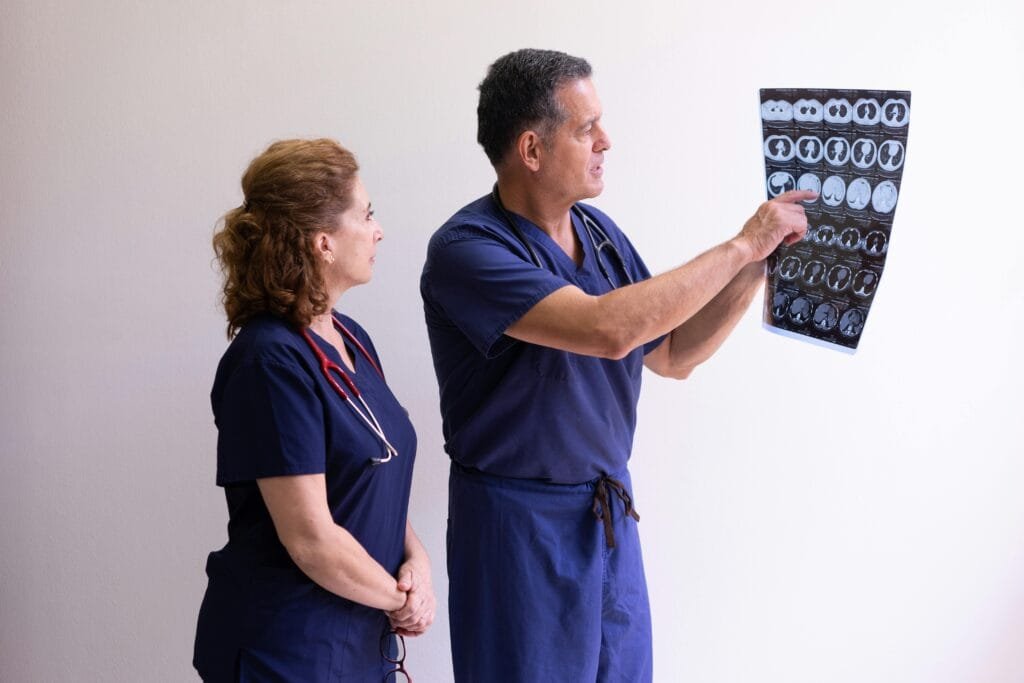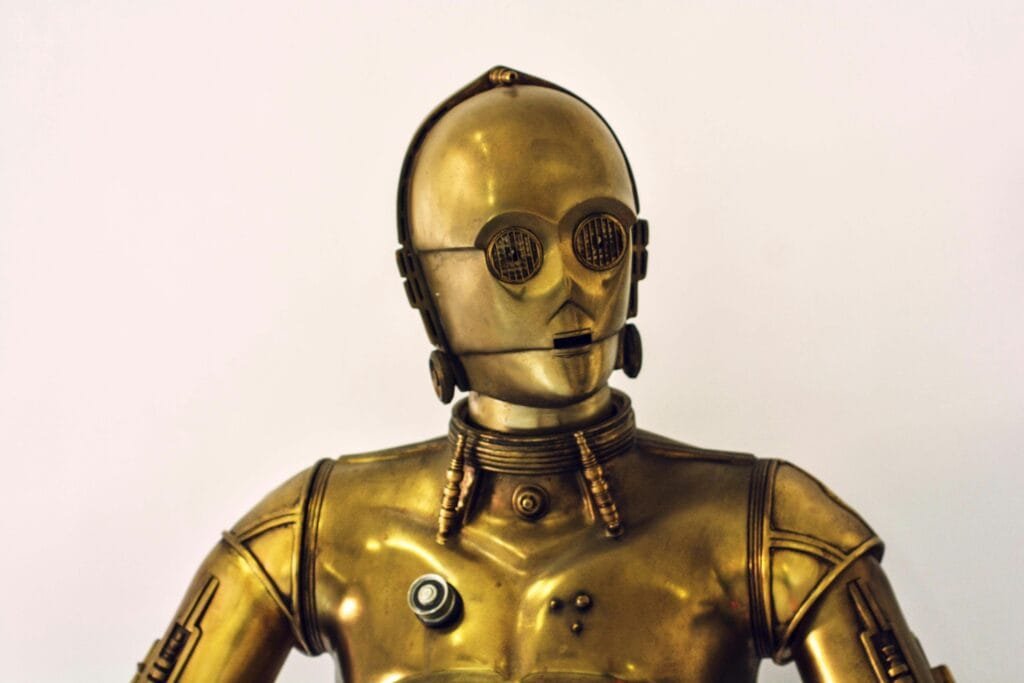AI for doctors is revolutionizing healthcare. But here’s the twist—some doctors may over-trust AI without even realizing it, and this can have significant consequences. Let’s dive into why this happens, what it means, and how we can strike the right balance between technology and human judgment.

The Allure of AI in Medicine
You know how exciting it is to discover a tool that promises to make life easier? AI offers that for doctors. From diagnosing diseases to suggesting treatments, AI is like the assistant every doctor dreams of. It analyzes data in seconds, works around the clock, and never gets tired. Who wouldn’t want that?
But here’s the catch: AI can seem so reliable that some doctors trust it more than they should. And sometimes, they don’t even realize they’re doing it.
Why Doctors Over-Trust AI: 10 Reasons to Know
1. The Halo Effect of Advanced Technology
Let’s face it—AI sounds impressive. When something is labeled as “AI-powered,” it automatically feels sophisticated. Doctors, like the rest of us, can fall into the trap of thinking, “If it’s AI, it must be right.”
2. The Overwhelming Data Crunch
Healthcare generates massive amounts of data. AI tools can sift through this faster than humans can. It’s no wonder doctors sometimes lean on AI to avoid feeling overwhelmed.
3. Time Pressures in Medicine
We all know how busy doctors are. AI can provide quick answers, saving precious time. But relying too much on AI might make doctors skip the crucial step of double-checking its conclusions.
4. Trust in Objectivity
AI doesn’t have emotions or biases, right? That makes it seem like the perfect decision-maker. But here’s the reality: AI models are only as good as the data they’re trained on, and that data can have its own flaws.
5. It’s Hard to Spot Errors in Complex Systems
Sometimes, AI gets it wrong—but the errors can be subtle. Even skilled doctors might not notice when an algorithm’s suggestion isn’t quite right.
6. Overconfidence in Predictive Accuracy
AI tools often boast high accuracy rates, which can create a false sense of security. Doctors might think, “If it’s 90% accurate, why question it?”
7. Lack of AI Training in Medical Schools
Many doctors haven’t received formal training on how AI works. Without understanding its limitations, they’re more likely to over-trust its outputs.
8. The Pressure to Embrace Innovation
In today’s tech-driven world, there’s a push to adopt the latest tools. Doctors might feel compelled to use AI simply because it’s the new standard, even if they’re unsure about it.
9. AI’s “Human-Like” Recommendations
Modern AI tools are designed to mimic human reasoning, making their suggestions feel intuitive. This can make it harder for doctors to second-guess them.
10. Limited Time for Collaboration
Ideally, AI should work hand-in-hand with human expertise. But in fast-paced environments, doctors might rely on AI as a standalone decision-maker, leading to over-trust.
Balancing Trust and Skepticism: What Doctors Can Do
So, how do we avoid the pitfalls of over-trusting AI? It’s all about balance.
1. Stay Informed About AI’s Limitations
Doctors should understand that AI is a tool, not a replacement for human judgment. Knowing its strengths and weaknesses can help them use it more effectively.
2. Double-Check Critical Decisions
When lives are on the line, there’s no harm in taking a second look. AI can assist, but it’s the doctor’s responsibility to confirm its suggestions.
3. Advocate for Better Training
Medical schools and hospitals should prioritize AI education. The more doctors know about how these systems work, the less likely they are to over-trust them.
4. Foster Collaboration Between AI and Humans
AI is most powerful when used as a partner, not a substitute. Doctors should view it as a colleague offering insights, not as an infallible boss.
Why This Matters for Patients
If you’ve ever been to a doctor, you know how much you rely on their expertise. Trusting AI too much—or too little—can impact patient care. Finding the sweet spot ensures that technology enhances healthcare without compromising its human touch.
The Future of AI in Healthcare
AI isn’t going anywhere—it’s only going to get more advanced. As patients and doctors, we need to navigate this evolving landscape carefully. Let’s embrace the possibilities while staying grounded in critical thinking.
People Also Ask
Can AI outperform doctors?
In specific tasks like analyzing medical images, AI can outperform doctors, but it lacks human empathy and contextual judgment.
Can artificial intelligence erode trust in healthcare institutions?
Yes, if errors or a lack of transparency occur, trust in healthcare can decline.
Can AI erode trust in healthcare?
Excessive reliance on AI and impersonal care may reduce patient confidence.
Can artificial intelligence outperform doctors?
AI excels in data-heavy tasks but can’t replace human intuition or empathy.
Can AI help a physician?
Yes, AI assists by analyzing data, streamlining tasks, and improving accuracy.
Why are patients reluctant to use medical artificial intelligence?
Patients often fear errors, lack trust, and miss the human connection in care.
References
- Harvard Business Review: Why Doctors Shouldn’t Rely Solely on AI
- National Institutes of Health: AI in Healthcare
- Journal of Medical Ethics: Ethical Implications of AI in Medicine
- Mayo Clinic: The Role of AI in Modern Medicine
- Forbes: How AI Is Shaping the Future of Healthcare


